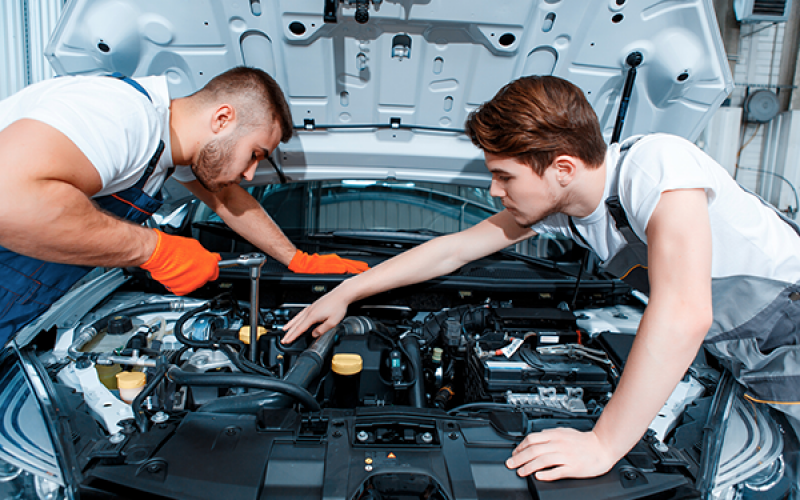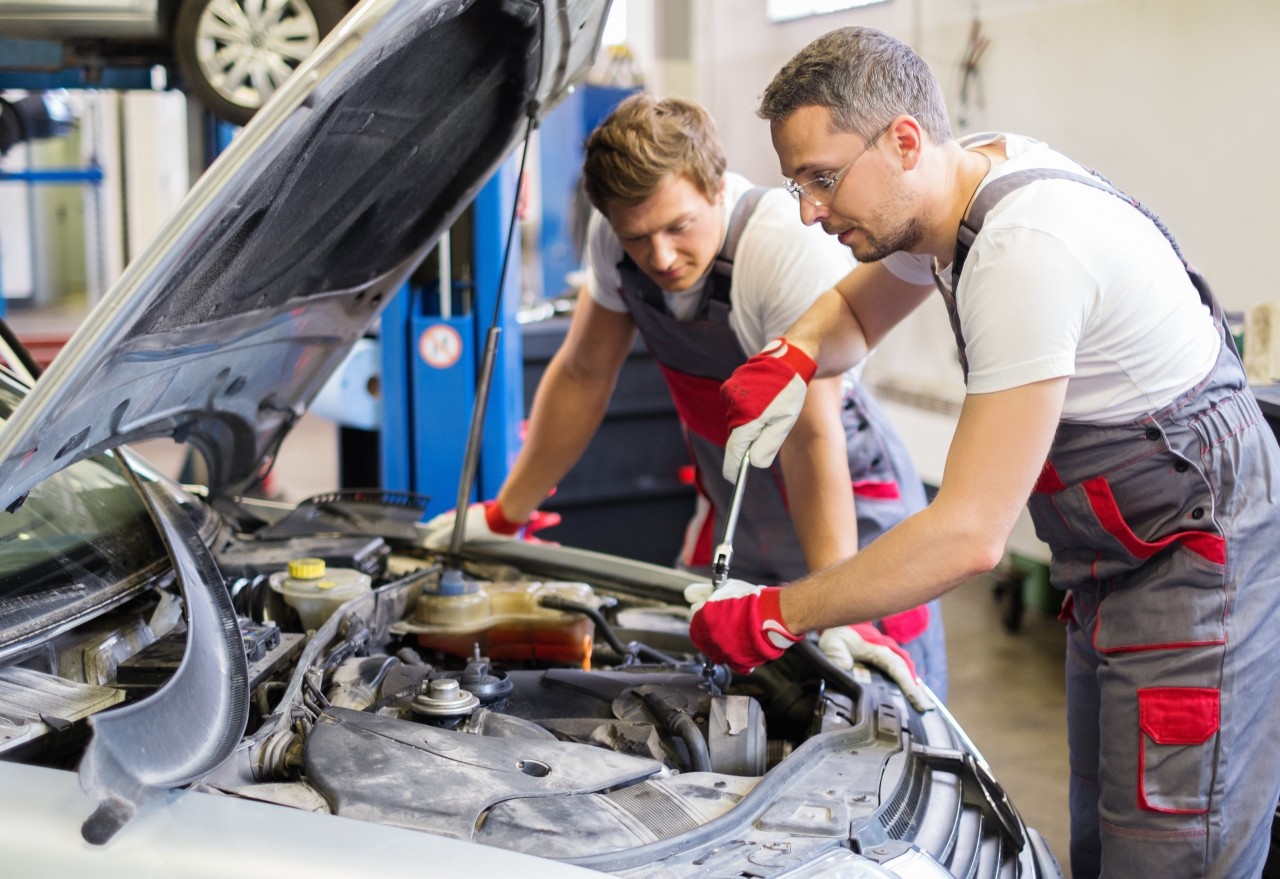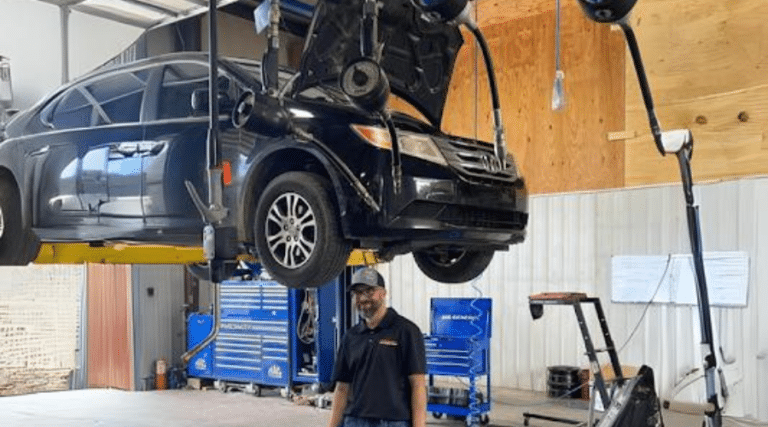Featured
Your car is an important component of your every day life, and taking excellent care of it makes certain that it serves you accurately for several years to find. While contemporary automobiles are created to be resilient, neglecting appropriate maintenance can lead to unneeded failures and expensive repair services. Here's how you can keep your automobile running longer and in peak problem.
- Follow Regular Upkeep. The structure of a long-lasting auto is routine upkeep. Follow your producer's advised maintenance schedule, which can generally be discovered in your auto's proprietor's guidebook. Regular tasks like oil changes, tire turnings, and brake checks stop damage and keep your cars and truck executing efficiently.
Neglecting oil changes is just one of the quickest ways to damage your engine. Clean oil makes sure correct lubrication and avoids getting too hot. Relying on your vehicle and driving practices, oil modifications are usually needed every 3,000 to 5,000 miles or as defined by the manufacturer.
- Check and Restore Liquids. Your car counts on a number of liquids to run efficiently. These include engine oil, transmission fluid, coolant, brake fluid, and power guiding fluid. Low or filthy liquids can result in engine overheating, slipping equipments, and brake failing.
Make it a behavior to check fluid levels frequently. If you observe a considerable decline in liquid levels, it may indicate a leak that needs prompt focus. Maintaining liquids tidy and at the ideal degrees ensures your car runs successfully and prevents costly repair services.
- Maintain an Eye on Your Tires. Tire upkeep is essential for both security and performance. Improperly inflated tires can decrease fuel performance, create unequal wear, and boost the risk of blowouts. Examine your tire pressure month-to-month and guarantee it matches the supplier's referrals.
Revolving your tires every 5,000 to 7,500 miles promotes even wear and expands their life expectancy. Additionally, inspect your tires for any signs of damage, such as cuts, protrudes, or reduced step deepness, and change them when needed.
- Replace Worn Parts in a timely manner. Neglecting damaged parts can lead to bigger issues later on. Failing to change a worn timing belt can result in engine failure. Similarly, worn brake pads can damage rotors, resulting in costly repair services.
Be positive regarding replacing parts such as stimulate plugs, filters, and belts as per the producer's guidelines. Using high-quality substitute parts guarantees far better efficiency and longevity.
- Practice Gentle Driving. The means you drive considerably impacts the life expectancy of your cars and truck. Aggressive driving habits, such as quick acceleration, unexpected braking, and difficult cornering, placed extra anxiety on the engine, brakes, and tires.
Instead, embrace smooth driving strategies. Accelerate progressively, keep a stable speed, and brake gently whenever feasible. This minimizes wear and tear on your vehicle's parts and enhances gas efficiency.

- Shield Your Auto's Outside. Keeping your automobile clean isn't just concerning looks-- it's concerning protecting against damages. Dirt, road salt, and grime can cause deterioration and corrosion, specifically in the undercarriage. Regular washing, especially during wintertime or after driving on salted roads, is important.
Waxing your car every couple of months supplies a protective layer against environmental damages. Additionally, park your auto in a garage or use a cars and truck cover to shield it from harsh weather and UV rays, which can fade the paint and damages the interior.
- Do Not Disregard Caution Signs. Dashboard caution lights are your automobile's way of telling you something requires attention. Whether it's the check engine light, low oil stress, or tire pressure warning, addressing these signals immediately can protect against minor concerns from becoming significant repair services.
If you observe unusual noises, resonances, or modifications in your vehicle's performance, do not neglect them. A specialist auto mechanic can detect and repair the trouble prior to it rises.
- Store Your Automobile Correctly. If you're not utilizing your car for a prolonged period, correct storage is vital. Keep your cars and truck in a great, completely dry area to protect it from weather damage. Utilize a battery tender to preserve the battery charge and include a fuel stabilizer to stop the gas from deteriorating.

Beginning the vehicle occasionally or taking it for a short drive can maintain all systems in functioning order and stop parts from seizing up.
Final Thought: Consistency Is Secret. Maintaining your auto running longer doesn't call for challenging procedures-- just consistency and interest to detail. Treat your vehicle with treatment, and it will certainly compensate you with dependability, better performance, and years of reliable solution.
Latest Posts
The Benefits of Routine Auto Maintenance at Montclare Auto Repair Reduces Costs
Explore Oil Changes & More: Complete Services Guide from Montclare Auto Repair
Learn About Exceptional Auto Repair Services offered by Montclare Auto Repair – Expert Care for Your Vehicle
More
Latest Posts
The Benefits of Routine Auto Maintenance at Montclare Auto Repair Reduces Costs
Explore Oil Changes & More: Complete Services Guide from Montclare Auto Repair
Learn About Exceptional Auto Repair Services offered by Montclare Auto Repair – Expert Care for Your Vehicle
